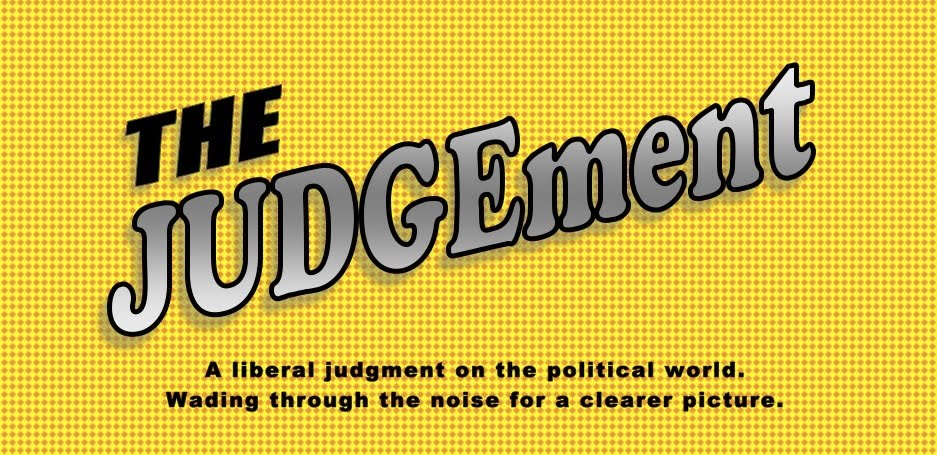Many people will criticise me for focusing on the BBC Crisis when it could be said the real crisis is the explosion of revelations in past child abuses. Following the unreported Newsnight investigation and the shocking Exposure broadcast, Jimmy Savile's past has served as a catalyst to explore the failings in private and public institutions of child protection and the presumed innocence of establishment figures.
However, I believe the BBC's crisis of management failure has progressed to such a point now that it co-exists independently of the previous crisis as it harbours questions for the very nature of British broadcasting and past much-admired managerial models. The next few weeks could see changes that spread far and wide, beyond the confines of auntie.
George Entwistle, for whom I thought it a disgrace to see leave, wanted to implement a grassroots localism into the heart of his management. It's a practical extension of the beeb's pride of independent journalism but supposedly saw executive management become blind to the failings at the other end of the organisation.
 |
| In too deep? or not enough :s |
It's clear the BBC Trust now shares the criticisms of many a journalist in that this self-proclaimed removal is now seen as weak leadership. I simply don't believe that! In fact the implementation of this grassroots editorial policy is what has made the BBC a shining example in world broadcasting. It's evidence that those connected on the ground, plugged into the minute-by-minute developments are exactly those who should be in the hot seat of creative control and accountability.
What failed in these instances and quite possibly in the BBC's very culture was the breakdown in information. Reporting standards have clearly lapsed with fundamental checks and balances failing to be that fundamental and awareness of this surpassing the last line of defence that is middle management. You might suggest that the line should stop with the DG but for a successful bottom-up management model, the Executive should exist to prescribe the boundaries and the medicine, not the day-to-day micro-managing that's seen and killed off many a quango of the past.
 |
| Out to reverse or reform? |
This in turn could result in a heavy handed, authoritarian approach to editorial policy with the boundaries being so over-prescribed that department heads and creatives themselves struggle to find journalistic freedom in sourcing material and ideas. Remember that BBC Worldwide pushses content out but doesn't produce it, that along with no real news experience could very well spell trouble for the much loved independence of the Beeb's journalism.
It's very much a culture fight between Executives with backgrounds of marketing and the private sector against those with clear broadcast journalism experience and an innate understanding of the public embodiment of British journalism. Who wins will no doubt have a lasting effect on the face of our media but be under no illusion, a war of words and ideals has begun!
I'd be interested in seeing a partnership through strength but the preserve of the grassroots, bottom-up model must continue for the sake of public broadcasting and as evidence to organisations around the country that this does indeed work.
The BBC's Charter is up in 2016 and who know's what will have happened by then. Tim Davie did say one thing I can pass on in good faith, the BBC is founded on trust and so trust is what will be called for by both viewers and employees alike. Without that, anything is possible.


No comments:
Post a Comment